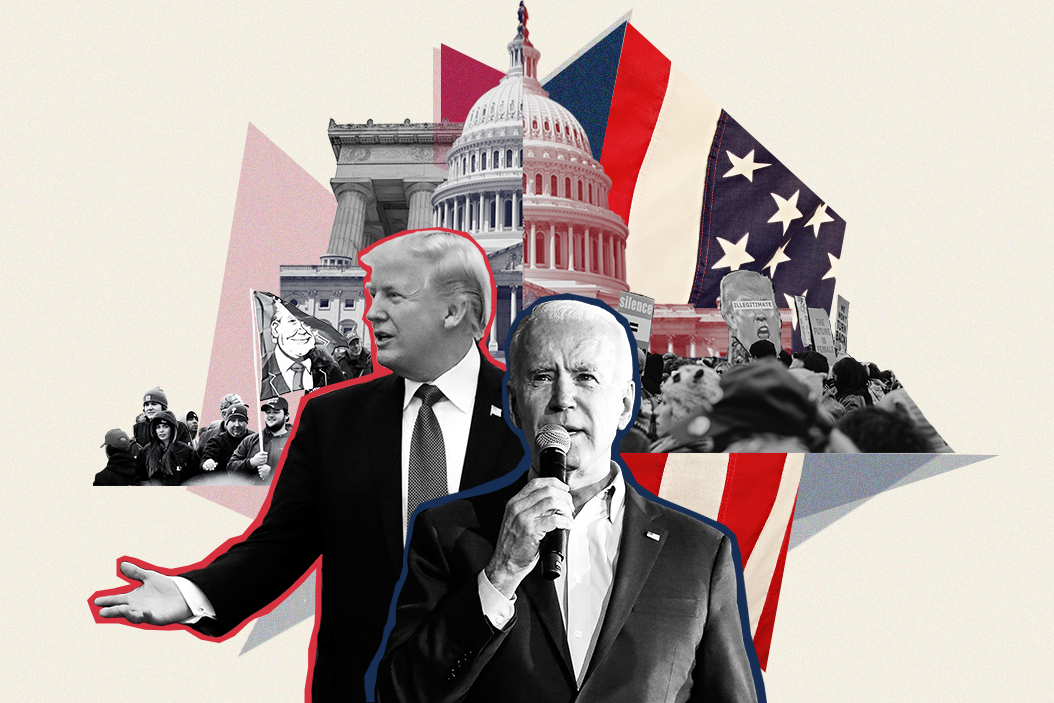News
October 06, 2020
4 million: More than four million Americans have already voted in the upcoming presidential election. That's more than fifty times the early voting tally at this point in 2016, according to the United States Elections Project, which attributed the shift partly to expanded mail-in voting due to COVID-19.
18: At least 18 people were killed by a truck bomb explosion in Al-Bab, a town in northwestern Syria. No one has claimed responsibility (yet), but the area — now controlled by the Turkish military — was run by the Islamic State until the group was expelled by US-backed Kurdish forces in 2017.
4: A new law being debated by Nicaragua's parliament would throw people in prison for up to four years for the electronic distribution of misinformation "which causes alarm." The bill is widely seen as yet another step by authoritarian President Daniel Ortega to crack down on press freedom after he was threatened by anti-government protests in 2018.
1.4 billion: A US judge has decided that Iran owes $1.4 billion to the family of a former FBI agent who was allegedly kidnapped thirteen years ago while on a covert mission inside the Islamic Republic, and is believed to have died in Iranian custody. The ruling cited the case of Otto Warmbier, a US student who died soon after being released from captivity in North Korea.More For You
- YouTube
In this Quick Take, Ian Bremmer breaks down the growing tensions between the US and Iran, calling it "the next area of potential large-scale conflict where President Trump is interested in changing the facts on the ground."
Most Popular
A flood victim stands at her flooded home after weeks of heavy rainfall in Boane District, Maputo, Mozambique, January 19, 2026.
REUTERS/Amilton Neves/File Photo
392,000: The estimated number of people displaced across Mozambique by recent rain-induced floods. Severe flooding in the southern African nation, as well as in South Africa and Zimbabwe, has killed over 100 people.
© 2025 GZERO Media. All Rights Reserved | A Eurasia Group media company.
